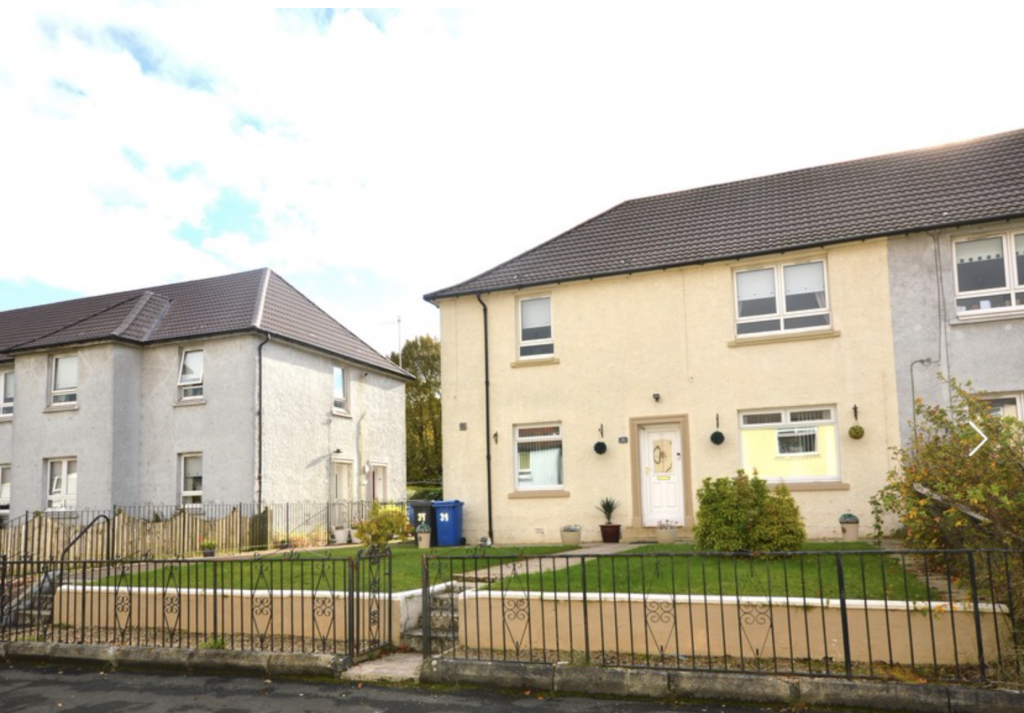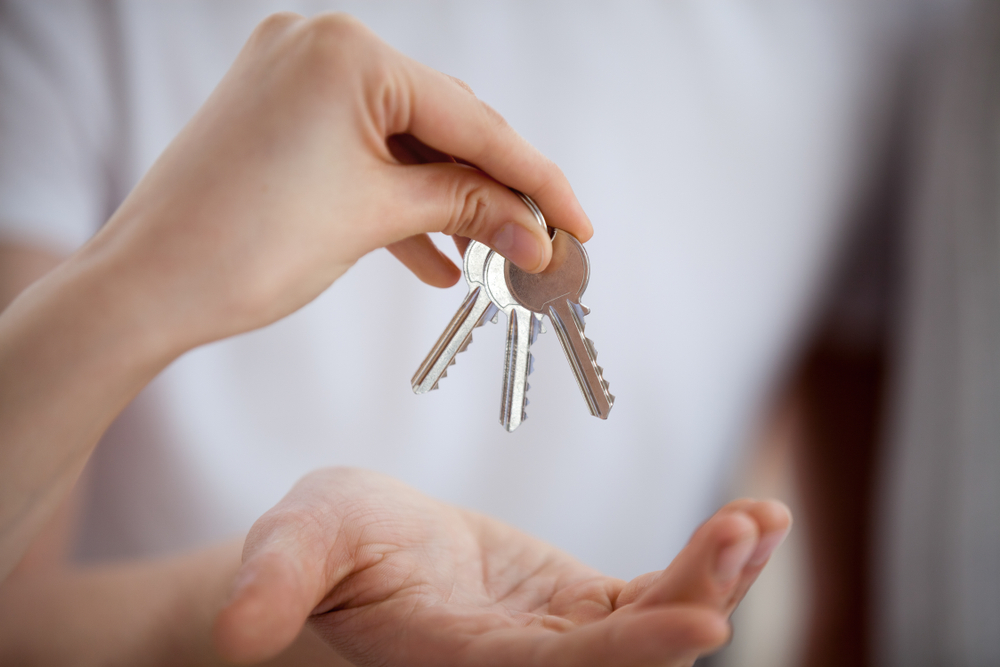
How Does the Rate Rise Impact First-Time Buyers?
Last week, the Bank of England confirmed that it was increasing interest rates from 2.25% to 3% and issued warnings that the UK faces recession.
The interest rate increase is the most significant rise in many years, but first-time buyers may feel the most impact. Purchasing a first home is already challenging as house prices have continued to rise over the last few years, hitting an average of £268,282, according to the latest Halifax house price index.
First-time buyers have found it difficult to secure a mortgage after many were pulled from the market following the mini-budget, which resulted in turmoil in the financial markets.
It appears that historically low-interest rates are ending, denting their affordability and buying power. There are also fewer mortgage products to choose from, particularly those with a 5% or 10% deposit, as lenders have concerns homeowners falling into negative equity.’
Buyers stepping onto the property ladder will require a larger deposit or will need to downsize or look at cheaper areas to ensure they can afford to buy a home.
But it’s not all bad news, as fixed-rate deals don’t look to be rising based on last week’s rate rise. Because the market expected rates to hit 3%, lenders have already factored this into their interest rates.
First-time buyers shouldn’t be put off from buying a home – mortgage payments will be lower than their rental payments if they have a 25% deposit, so it’s essential to look beyond the headlines and talk to a mortgage broker to get advice on the numbers.
If you are looking to buy your first home, it’s better to do it now before rates go up further – with interest rates set to peak at around 5% in 2023, mortgage rates could go higher, which will affect your affordability. However, this could dampen the market, so there should be a little more choice, and prices could fall.
Here are some of our ideal homes for first time buyers.
Strathleven Drive, Bonhill, Alexandria – West Dunbartonshire, Offers Over £219,995
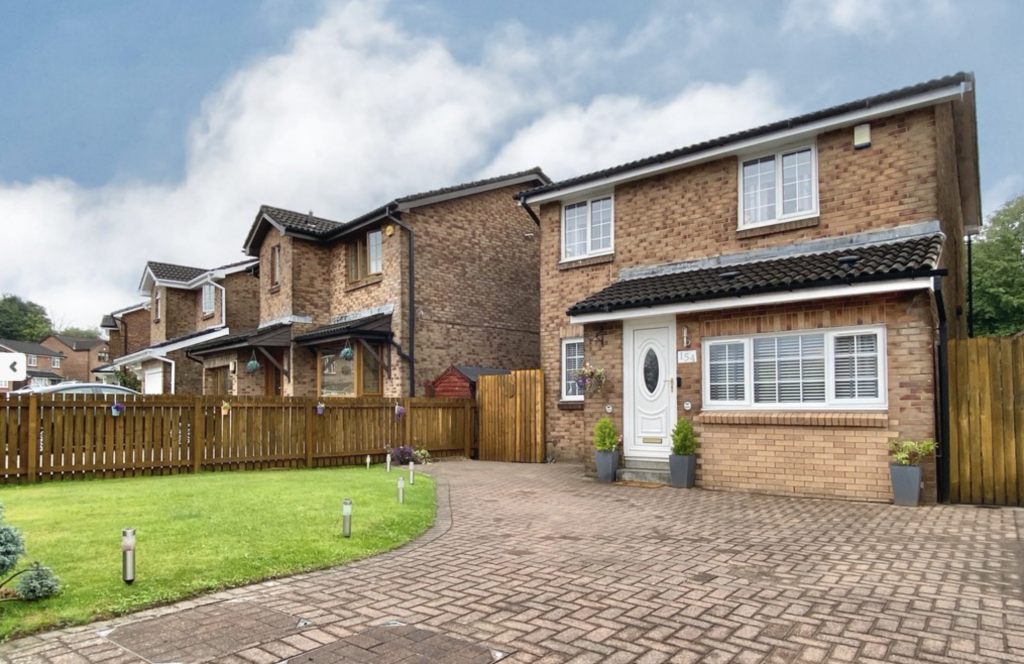
Craiglomond Gardens, Balloch G83 8RP West Dunbartonshire – Offers Over £215,000
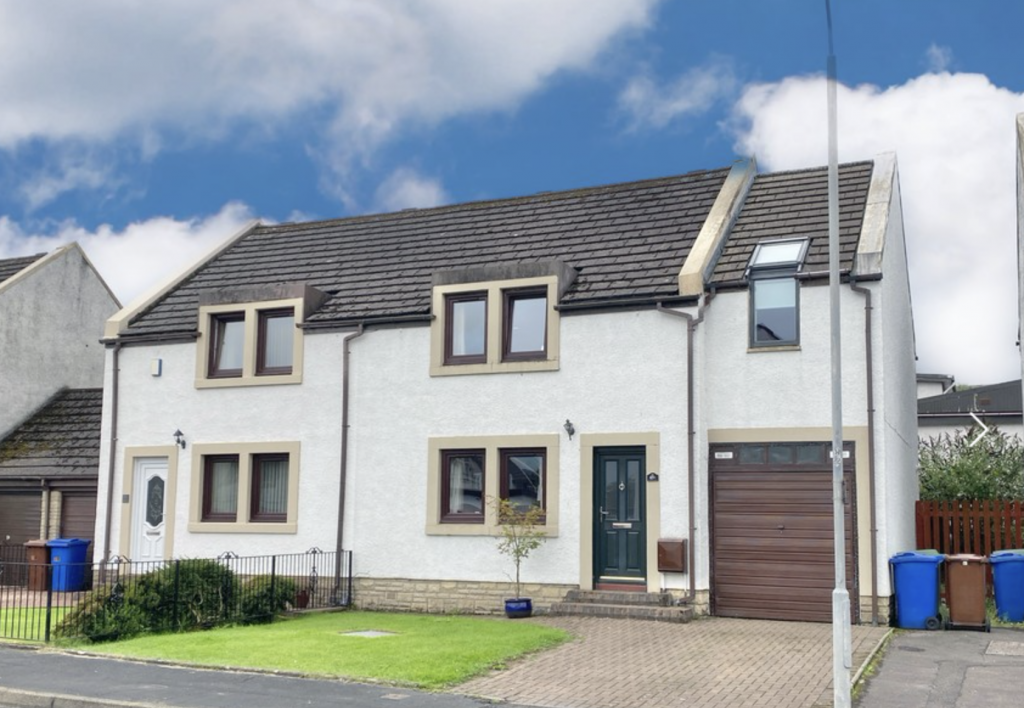
Honeysuckle Lane, Jamestown, G83 8PL West Dunbartonshire – Offers Over £157,995
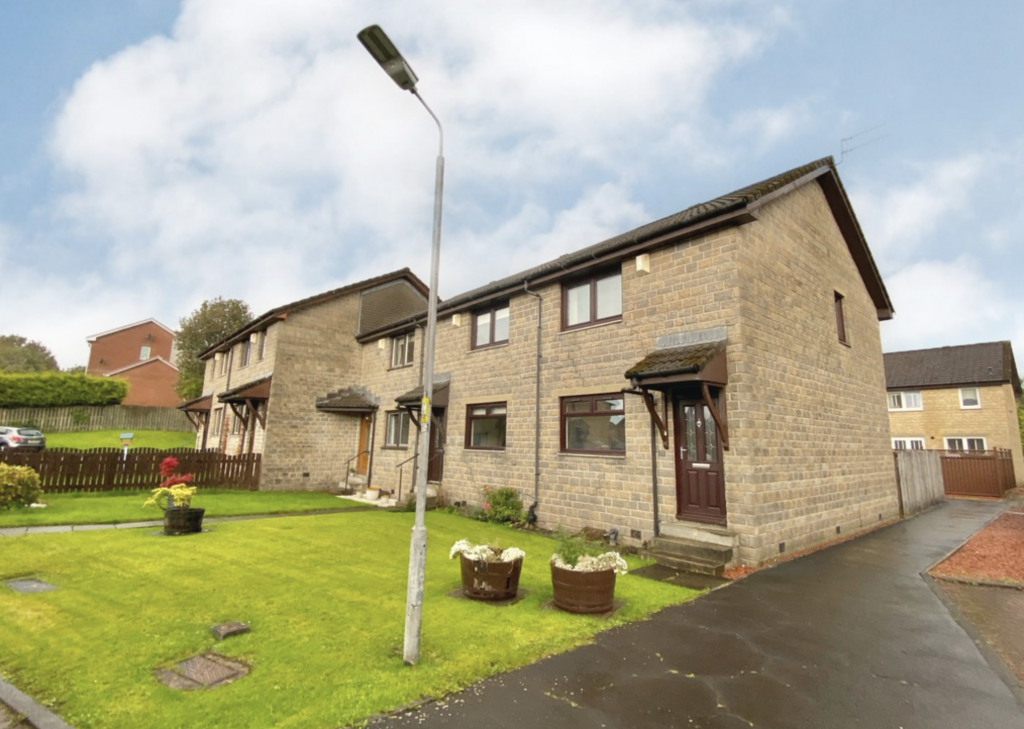
Holly Street, Clydebank G81 3JF – Offers Over £128,000
